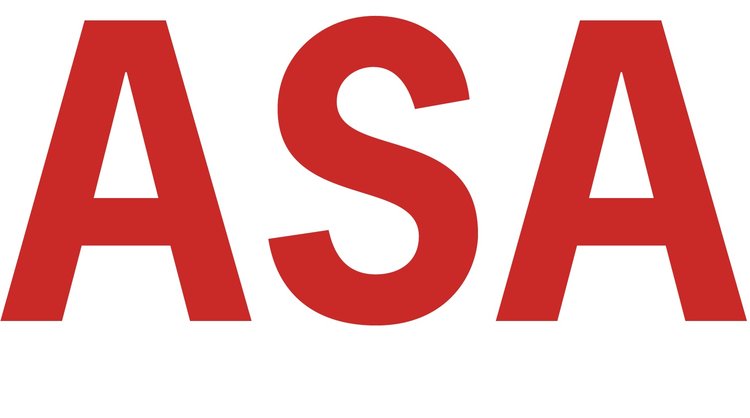Michael Callier discusses the U.S. Treasury's role in strengthening the security and resilience of the U.S. financial services sector. This paper analyzes the rising risks of cyber-attacks, amplified by resistance to incident information sharing and the lack of third-party vendor cyber controls, and the appropriate risk management strategies.
Read MoreResearch Notes — 2015
The Runaway Train
Kenny Lee discusses the oil boom in America and the extensive use of tank-car trains to transport crude oil, and how this has ushered into an era. Oil-train derailments and the resulting spills have skyrocketed 900 percent in just two years from 2010 to 2012. At the heart of the problem is the common tank cars used by freight train companies known as DOT-111.
Read MoreArtificial Intelligence as a Weapon
Jorge Borunda discusses some of the concerns that are on the horizon around the development, implementation, and regulation of autonomous weapon systems. When it comes to military artificial intelligence, Lethal Autonomous Weapons Systems (LAWS) select and engage targets without human intervention. Borunda identifies the concerns that have been raised about the lack of regulations around how these new technologies will be used, as well as a lack of standards and methodologies.
Read MoreThe Digital Divide: Policies, Programs, and Public Education
Kristine Tomasovic Nelson discusses the efforts made to close the digital divide, an issue now recognized as a more nuanced phenomenon. While more individuals can access the Internet, many lack the motivation, skill, or guidance necessary to use these technologies productively. Within the education realm in particular, policies and programs are working to address this new digital divide but have much work to do.
Read MoreSocial Media and Terrorism
Kenny Lee examines the exploitation of the power of social media by terrorists in disseminating propaganda and recruitment, and explores the implications of the possibility of keeping the terrorists out of social media through the lens of the law and ethics.
Read MoreOpen Source Policies for Commercial Software Companies
Mike Kelly discusses the idea that private companies should have an open source software policy in place if they are using free third-party software to produce their own proprietary software for sale or as part of a paid service.
Read MoreWith a Nod and a Shrug: A Flawed Switch and Failures at General Motors and the National Highway Traffic and Safety Association
Kristine Tomasovic Nelson discusses the faulty ignition switch designed into General Motors’ vehicles that led to thirteen deaths and dozens of accidents.
Read MoreQuis Custodiet Ipsos Custodes? Operational Risk within the GAO
Andrew Magnuson discusses how the Government Accountability Office (GAO) has the heavy burden of auditing all use of government funds, but its unique position within the legislative branch leads to some specific, and hard-to-address, operational risks. How can the government both preserve the GAO’s independence and ensure its accuracy and reliability?
Read MoreWho Needs ID: DNA-fication in the Modern World
Malavika Ravi discusses the latest battle in the war between privacy and security, this time within the context of genomic information.
Read MoreAnonymity on the Internet: A Tool for Tyranny?
Kristine Tomasovic Nelson discusses the challenges of anonymity on the internet, and how the hosts and moderators of internet forums have struggled to protect both the principle of anonymity and victims of its abuse.
Read MoreThe Law: The Right to be Forgotten
Heather M. Brammer discusses the recent law enacted in Europe, the Right to be Forgotten. The new legislation has raised questions regarding free speech, censorship and legality.
Read MoreThe Conflict of Privacy and Disclosure Law
Matthew Christian discusses the complex issues surrounding data collection and subsequent privacy issues. In particular, the paper explores the issues surrounding data collection by government agencies and public disclosure laws.
Read More